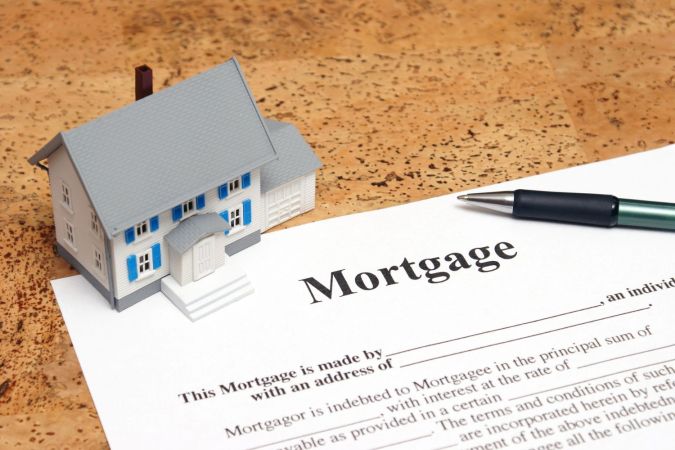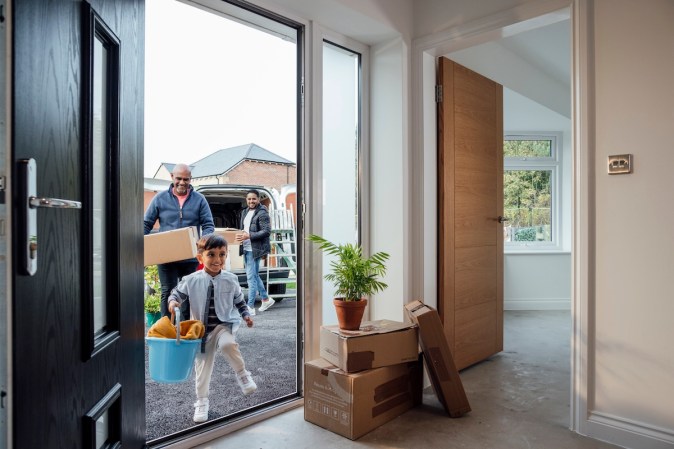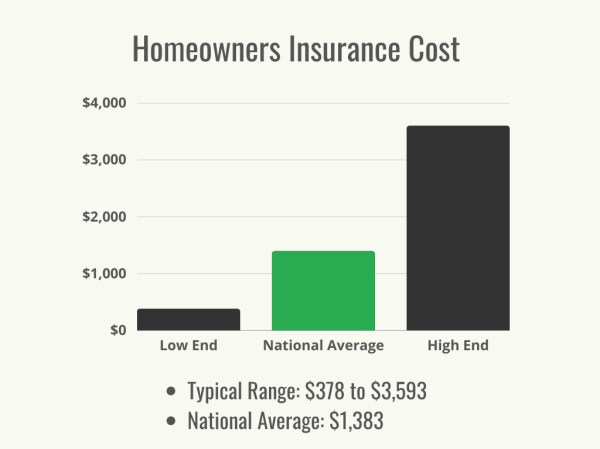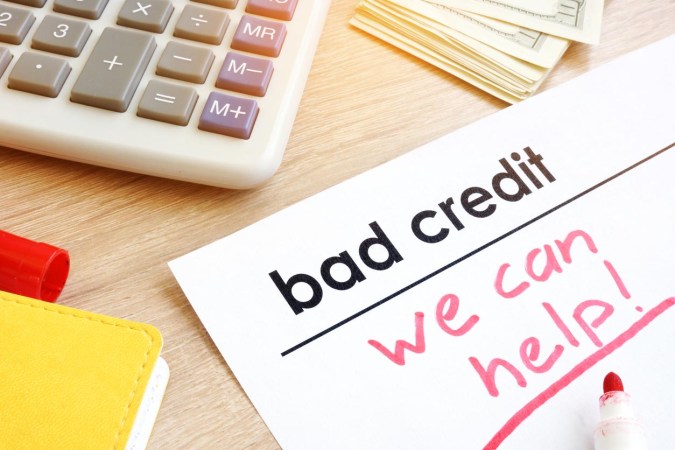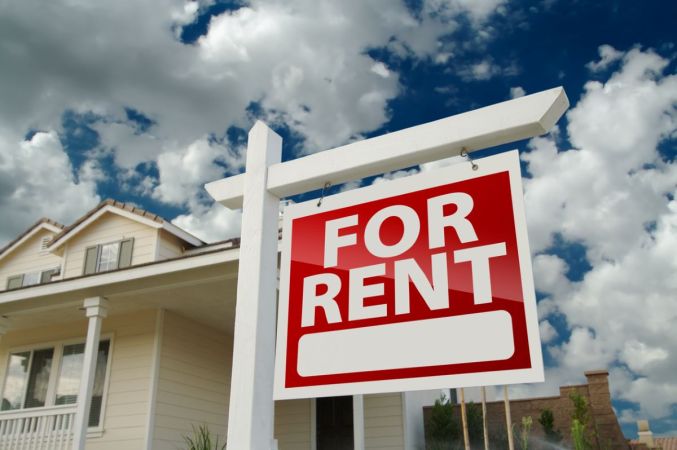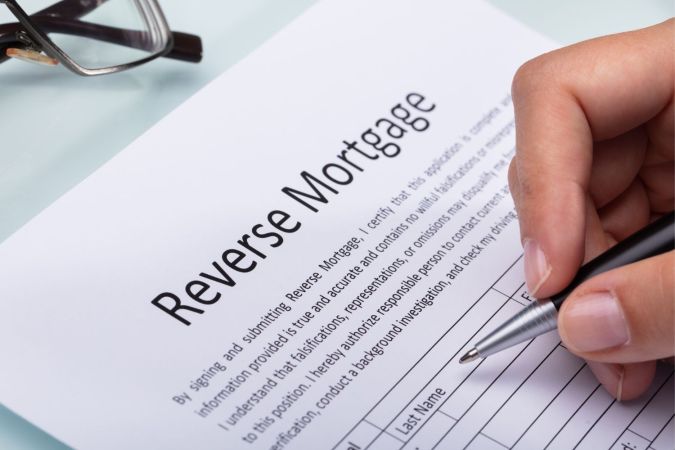We may earn revenue from the products available on this page and participate in affiliate programs. Learn More ›
COVID-19 disrupted not only lives, but also lifestyles. A Pew Research report reveals that for the first time since the Great Depression, a majority of young adults (52 percent, or 26.6 million) live with their parents. You may be one of these individuals—or perhaps you’ve been renting, but discovered during the pandemic that you would rather have more space and more distance from your neighbors or immediate family members.
Regardless of the reason, if you want to be a homeowner, President Biden’s tax credit for first-time homebuyers might make 2021 the best year to buy your first house—with a few caveats.
It’s good for homeowners.
Homeownership provides a sense of pride and accomplishment. However, it’s often difficult for first-time homeowners to enter this arena due to down payment and closing cost requirements. “President Joe Biden’s $640 billion housing plan includes increasing homeownership by providing up to $15,000 in down payment assistance to first-time buyers,” says Michael Borodinsky, VP/Regional builder branch manager at Caliber Home Loans in Edison, N.J.
This is not the first time federal tax credits have been available for first-time homebuyers, but this assistance is unique in its amount, which almost doubles previous tax credits. It’s also advantageous to first-timers for another reason. “Buyers would receive the tax credit at the time of purchase, rather than waiting until the following year when they file taxes,” Borodinsky explains. And since interest rates are at or near historic lows, he says he believes 2021 could be the best year in recent memory to take the plunge.
Buying a home can be stressful for anyone, but particularly for first timers who are unfamiliar with the home-buying process. “The tax credit alleviates some of the stress that first-time homebuyers go through, with putting together a down payment for their first home,” says Yawar Charlie, director of estates division at Aaron Kirman Group, Compass, and a series regular on CNBC’s Listing Impossible. “There are a lot of unexpected costs that come up when purchasing your first home, and in addition to closing costs, there are other expenses that may arise as they’re moving, getting settled, etc.”
And the Biden tax credit provides even more benefits. For example, consider first-time homeowners who don’t buy a move-in ready home. “It may give the buyer some flexibility to improve their home or be better prepared for repairs or an emergency,” says Julie Williams, owner of ERA Dawson Bradford Company Realtors in Bangor, Maine. In addition, she says that a greater down payment amount helps first-timers start out with more equity in the home, which provides flexibility if they decide to move again.
RELATED: 10 Rebates and Tax Credits More Homeowners Should Take Advantage Of
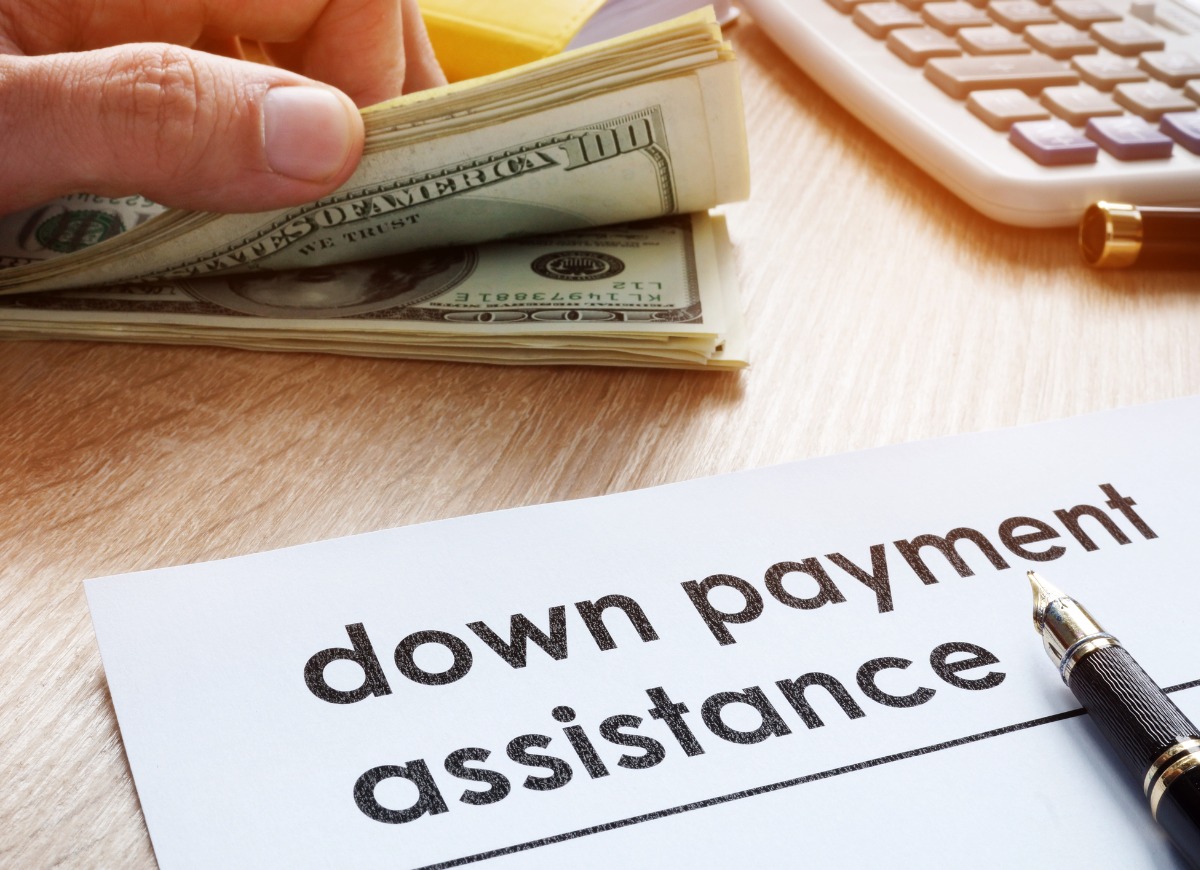
It’s good for the economy.
As much as this tax credit will benefit homeowners, it’s also good for the country. “Home ownership is a wealth creation opportunity, and creating incentives to increase home ownership increases the middle class and strengthens the economy,” Williams explains. “Real estate transactions account for $40-60K in economic impact post-closing.” And that helps realtors, mortgage lenders, inspectors—the list goes on.
“I believe this will have a huge impact on the U.S. housing market and the economy at large,” says Chuck Vander Stelt, a real estate agent based in Valparaiso, Ind., and founder of Quadwalls. “Study after study indicates a relationship between homeownership rates in a city or town and low crime rates, good schools, stronger local economies, and an overall quality of life.” And as an added bonus, he believes the need for more housing units will stimulate the construction industry.
RELATED: 14 Home Improvement Projects You Can Tackle With Your Next Tax Refund
There are potential pitfalls.
However, the tax credit could also have some unintended consequences. Remember Vander Stelt’s comment that there will be a need for more housing units? He explains that there’s been several years of low home inventory. “Buyers’ appetite to buy homes has been outrunning sellers’ desire to sell their homes.” In other words, it’s already a competitive housing market, and the tax credit will increase the number of buyers. “I think it will push housing prices up even further because there now is a pool of people who are able to purchase a home that would have been on the sidelines, but due to the tax credit their purchasing power has expanded,” Charlie says.
And when demand far outpaces supply, not everyone can get a piece of the pie. It’s like rushing into Walmart on Black Friday to get one of those dirt-cheap TVs—except homes aren’t necessarily sold on a first-come, first-served basis. When bidding wars ensue, first timers can get wiped out by competitors willing to pay more. And Williams warns that buyers may get dismayed if they keep losing out of homes in multiple offer situations.
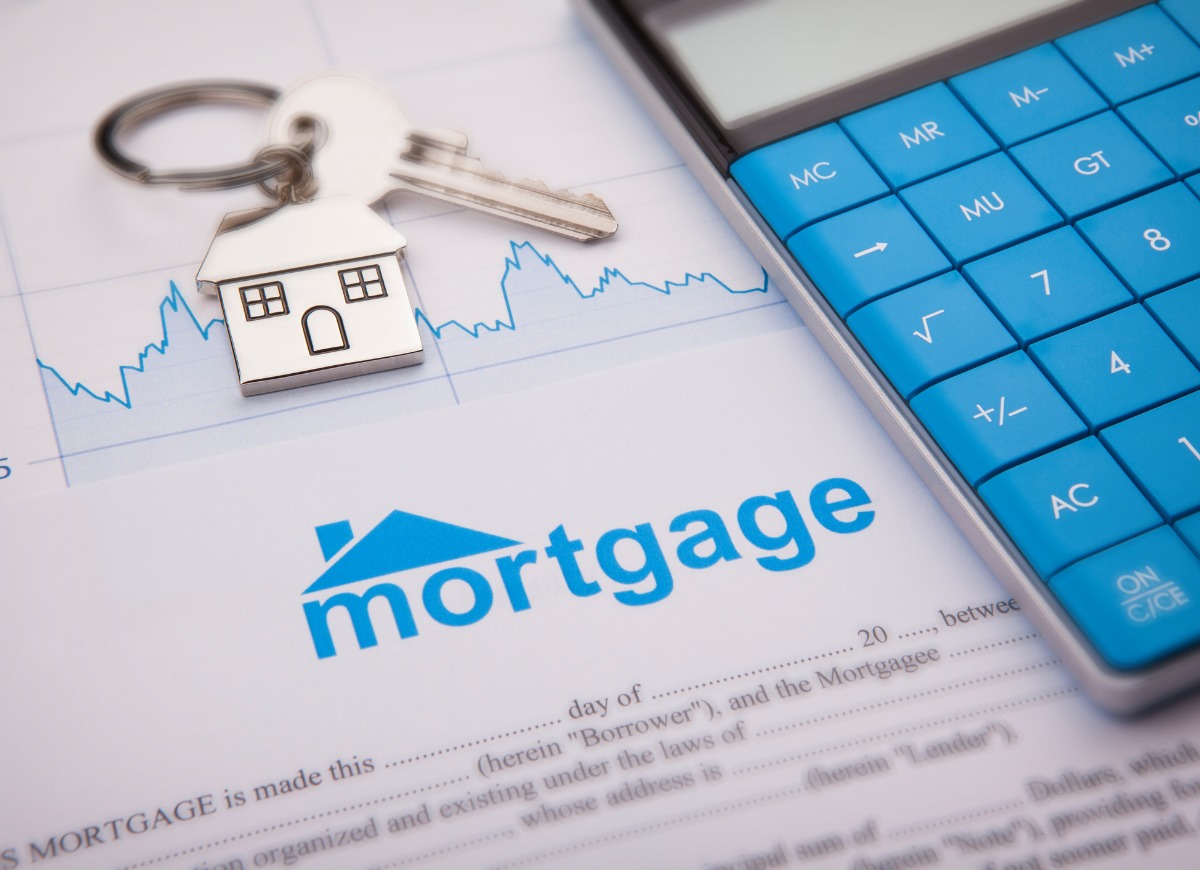
Yet another issue: how efficiently the tax credit will be administered. “If it is not a smooth and easy process, some sellers may be reluctant to accept the offer of someone using this form of down payment assistance,” Vander Stelt says. “No seller wants to carry with them the fear that their buyer will fumble the ball at the two-yard line due to usage of a poorly administered program.”
Also, first-time homeowners will need to be realistic regarding how much house they can afford to avoid going over budget. “When the government is offering you an incentive or a rebate of some kind, sometimes we get the false impression we can afford more than we can,” Charlie says. In fact, he warns buyers against increasing their budget as a result of the tax credit. “I always tell my clients, the mortgage is not something you need to stress over every month, so don’t bite off more than you can chew.”




